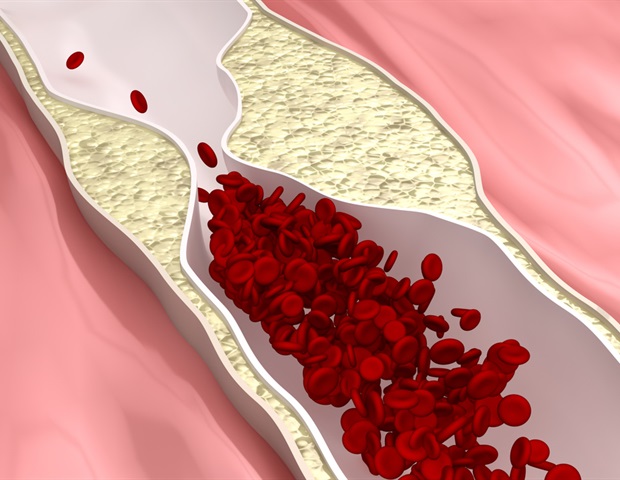Do Obesity Jabs Require a Solid Weight Loss Plan to Prevent Regain?

Understanding Obesity and Weight Management Post-Medication
Obesity is a significant health challenge that impacts millions of individuals globally. With approximately one in four adults in England affected, the urgency for effective weight management strategies is more pronounced than ever. The recent guidance from NICE highlights the importance of continuous support for patients coming off obesity medications like Wegovy and Mounjaro. These medications, while effective, are just one part of a broader strategy necessary for long-term weight management. Understanding the implications of stopping such treatments and the strategies to maintain weight loss is crucial for anyone considering or currently using these medications.
The Role of Wegovy and Mounjaro in Weight Loss
Wegovy (semaglutide) and Mounjaro (tirzepatide) have emerged as groundbreaking treatments for obesity, helping individuals reduce appetite and achieve significant weight loss. Both medications are often prescribed alongside a comprehensive weight management program that emphasizes lifestyle changes, including diet modifications and increased physical activity. However, as effective as these drugs may be, they are not a permanent solution.
Understanding How These Medications Work
Wegovy and Mounjaro function by mimicking hormones in the body that regulate appetite and food intake. When these drugs are taken, patients often experience:
- Reduced feelings of hunger
- Increased feelings of fullness
- A decrease in overall food consumption
Challenges After Stopping Medication
Despite the success many patients experience while on Wegovy or Mounjaro, studies indicate that a significant portion of weight can be regained once treatment ceases. In a clinical trial for Wegovy, it was noted that patients regained around two-thirds of their lost weight after discontinuing the injections. This trend is concerning and underscores the necessity for ongoing support and strategies to maintain weight loss.
The Importance of Long-Term Support
NICE's recent recommendations emphasize that weight management is a long-term journey rather than a quick fix. After discontinuing weight loss medications, individuals should receive check-ups for at least a year to monitor their weight and overall health. This support can include:
- Regular consultations with healthcare providers
- Access to nutritional counseling
- Physical activity programs tailored to individual needs
- Support groups or community resources
Building Sustainable Habits for Weight Maintenance
To prevent regaining weight post-medication, patients are encouraged to establish sustainable habits. Here are some strategies for maintaining weight loss effectively:
1. Develop a Healthy Eating Plan
Focusing on a balanced diet is crucial. This involves:
- Incorporating plenty of fruits and vegetables
- Choosing whole grains over refined grains
- Limiting processed foods and added sugars
2. Increase Physical Activity
Regular physical activity not only helps in maintaining weight but also improves overall health. Aim for at least:
- 150 minutes of moderate aerobic activity each week
- Strength training exercises twice a week
3. Utilize Self-Monitoring Tools
Keeping track of your food intake and exercise can aid in accountability. Consider using:
- Mobile apps for tracking meals and physical activities
- Journals to record progress and setbacks
4. Seek Community Support
Engaging with support groups can provide motivation and encouragement. This can include:
- Online communities
- Family-led interventions
- Participating in local health activities
Prevention: A Key Focus in Obesity Management
As highlighted by health experts, prevention is critical in combating obesity. Strategies should aim to stop individuals from becoming overweight in the first place. This requires a multi-faceted approach that includes:
1. Education on Healthy Lifestyle Choices
Promoting awareness about the benefits of healthy eating and active living from an early age can significantly impact future health outcomes.
2. Policy Changes to Support Healthy Living
Government initiatives can play a role in obesity prevention by:
- Implementing regulations on food marketing
- Making healthy foods more accessible and affordable
3. Community Programs and Resources
Local communities can develop programs that encourage physical activity and healthy eating, such as:
- Community gardens
- Fitness classes in parks
Conclusion: The Ongoing Journey of Weight Management
Weight management is not merely a phase but a lifelong commitment. Individuals who have utilized medications like Wegovy and Mounjaro must prepare for the transition off these treatments with robust support systems in place. By focusing on long-term strategies for maintaining weight loss, individuals can better navigate the complexities of obesity and improve their overall health. Ultimately, the journey towards a healthier lifestyle is ongoing and requires both personal commitment and community support.
FAQs About Obesity Management and Medication
What should I expect when I stop taking weight loss medications?
When you stop taking weight loss medications like Wegovy or Mounjaro, it is common to regain some weight. It is crucial to have a plan in place for maintaining healthy habits to mitigate this.
How long should I monitor my weight after stopping medication?
NICE recommends that individuals undergo check-ups for at least a year after stopping medication to monitor weight and health status.
What lifestyle changes are necessary for long-term weight management?
Incorporating a balanced diet, regular exercise, self-monitoring, and community support are essential lifestyle changes for long-term weight management.
As you reflect on your own health journey or that of someone you know, consider how ongoing support and commitment can make a significant difference in the battle against obesity. Are you ready to take the next steps towards maintaining a healthy lifestyle? #ObesityManagement #HealthyLiving #WeightLossJourney
Published: 2025-08-04 23:07:05 | Category: technology



